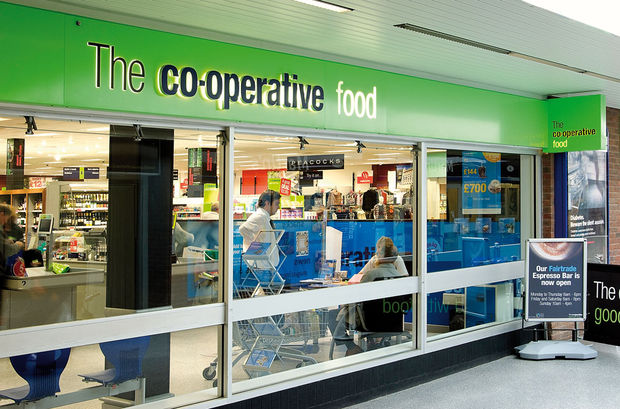
Co-op remains tight-lipped on plans to sell off 300 stores
The Co-op has refused to deny rumours that it is planning to sell off 300 of its unwanted shops to manage debt and improve the rest of the chain.
It is believed that Co-op has appointed advisers to help sell off around 10% of its estate.
Russ Brady, corporate PR manager for the Co-op Group said the group was not ready to make a statement on any developments, but added that it is constantly re-assessing its property portfolio in order to keep debt at a minimum.
He said: "We've got a an active property and trading team in place to manage our portfolio. The group as a whole is currently £0.9billion in debt and we have a very clear business strategy in place to make sure that this does not increase. We're constantly looking to reinvest our profits but also develop our portfolio."
Last week, the Co-op revealed that sales at established convenience stores had increased by 3.8% in the year to January 2, which is more than double the pace of the Co-op food business as a whole.
It was reported at the end of March that the company wanted to close or sell about 100 outlets this year, but it now appears that the group could be stepping up that closure programme.
The Co-operative Group bought Somerfield in 2008 for £1.6bn, thus adding 800 shops to its estate.
However, in order to finance the Somerfield acquisition, the group borrowed on the market and in 2013, it reported a £2.5bn loss determined by a crisis at the Co-operative Bank as well as a huge decrease in the value of the Somerfield business.
It has been reported that the Co-op has appointed the investment bank Rothschild to find prospective buyers for the shops, as it tries to keep a lid on debt and expand and modernise its successful convenience stores.




